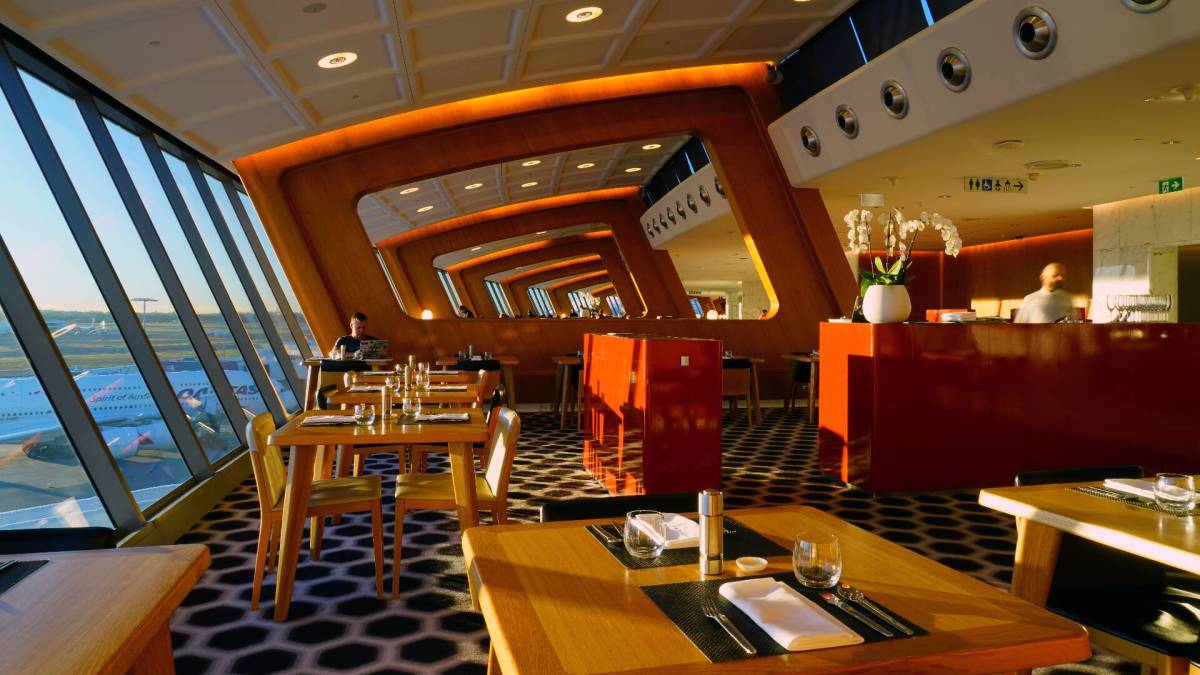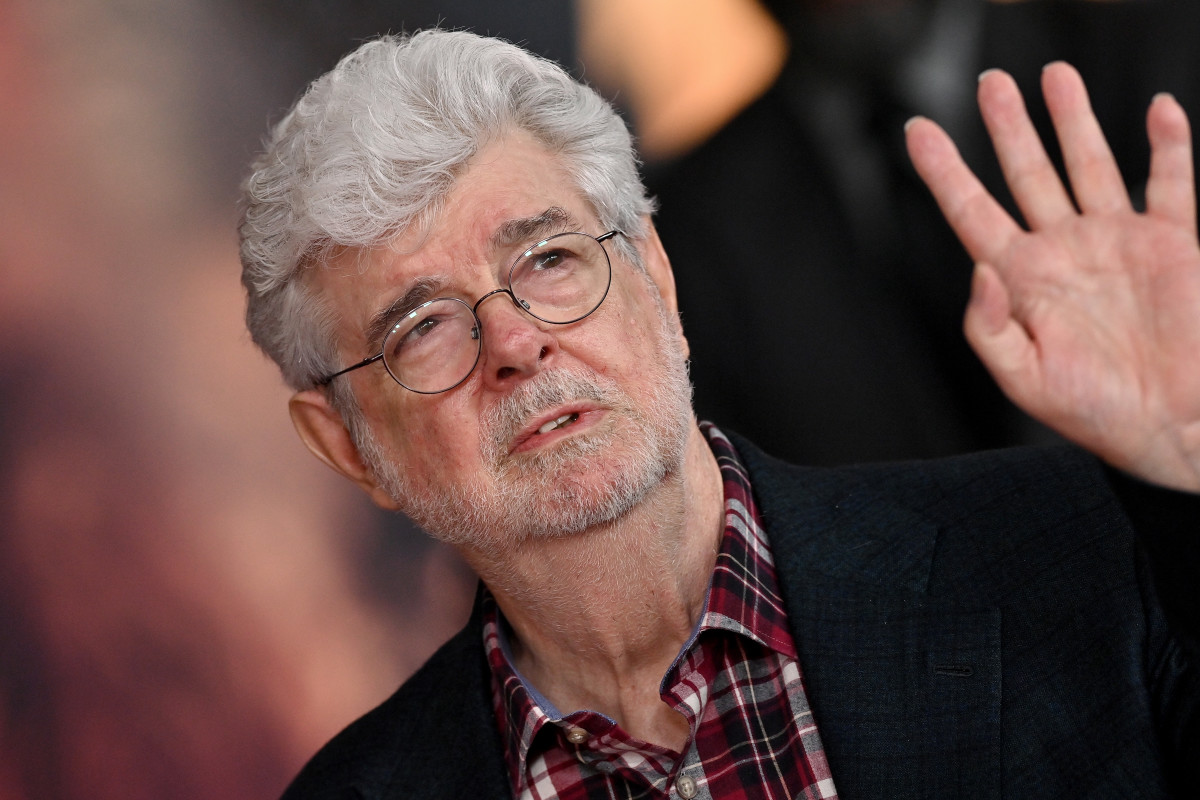Uncategorized
Ethereum price sees new low versus Bitcoin since switching to Proof-of-Stake
Ethereum spot ETF request, Ripple’s potential win against the SEC, and growing decentralized app dominance retain hope for ETH investors.
…

Ethereum spot ETF request, Ripple’s potential win against the SEC, and growing decentralized app dominance retain hope for ETH investors.
Ether (ETH) has seen a 36% year-to-date increase in its price in 2023 in U.S. dollar terms. This recovery, however, is modest given that ETH is currently trading 66% below its November 2021 peak of $4,870.
Ethereum vs. Bitcoin: 14-month downtrend and counting
Moreover, on Sept. 20, Ether reached its lowest levels against Bitcoin (BTC) in 14 months, breaching the critical 0.06 BTC support. This has raised questions among Ether investors about the factors behind this price decline and what it will take to reverse the trend.

ETH buyers placed their biggest hopes on protocol upgrades that significantly reduced the need for new coin issuance when the network transitioned to a Proof-of-Stake consensus mechanism.
These hopes were realized in mid-September 2022, resulting in an annualized issuance rate of just 0.25% of the supply. This transformation aligned with the Ethereum community's vision of "ultrasound money."
Furthermore, the subsequent Shapella upgrade on April 12 allowed for withdrawals from the native staking protocol, addressing a major concern for investors. Previously, both the 32 ETH deposits and the yield from participating in the network consensus were locked up indefinitely.
Confidence among Ethereum enthusiasts grew as these significant hurdles were crossed with minimal issues. They anticipated that the price of Ether would surpass $2,000, a prediction that came true on April 14.
However, this optimism was short-lived, as ETH's price promptly fell back to the same $1,850 level just a week later.
Notably, instead of witnessing a net withdrawal, Ethereum staking experienced a net inflow of 3.1 million ETH in the 30 days following the Shappela upgrade, surpassing even the most optimistic expectations.
Given that the Ethereum network's planned developments have generally been on track, albeit with the customary delays, investors now need to explore other potential catalysts for reversing the current downtrend in Ether's price relative to BTC.
External factors present important triggers for ETH price
One of these potential catalysts lies in the ongoing legal battle between Ripple (formerly Ripple Labs) and the U.S. Securities and Exchange Commission (SEC), which could significantly impact Ether's price momentum.
The SEC contends that XRP sales to retail investors constitute a security offering. However, in July, Judge Analisa Torres ruled that XRP generally does not qualify as a security under SEC guidelines, especially when distributed through exchanges.
As noted by the "American Lawyer and Bitcoiner" Bryan Jacoutot on a social network, the Ethereum Foundation remains exposed due to the pre-sale of ETH directed toward institutional investors and subject to a lock-up period.
(1/12) ANALYSIS: I've reviewed the district court ruling on XRP and it rests on very shaky ground. Expect an appeal.
— Bryan Jacoutot (@BryanJacoutot) July 13, 2023
AND Ethereum Foundation remains at risk even if its upheld because of important distinctions in the methods used by Ripple to sell the "pre-mine"
⬇️⬇️
According to Jacoutot, even if Ripple were to secure a favorable outcome, it wouldn't immediately mitigate the risks for Ethereum. Nevertheless, it's undeniable that the regulatory uncertainty surrounding the Ether ICO remains a source of concern for investors.
On Sep. 20, an Ethereum address associated with the ICO era showed its first activity, transferring 32.1 ETH (valued at $52,000 at the time) directly to Coinbase. This additional movement only amplified regulatory concerns since there are no apparent incentives for addresses that have remained dormant for four to eight years to divest at this particular point in the market cycle.
An Ethereum ICO participant who has been dormant for 8 years transferred 32.1 $ETH to #Coinbase just now.
— Lookonchain (@lookonchain) September 20, 2023
The address received 200 $ETH at Ethereum Genesis.
And the address appears to be related to shemnon.eth (@shemnon).https://t.co/nj5eF8iRT0 pic.twitter.com/6Viytn4dU5
A similar occurrence unfolded with an address linked to Vitalik Buterin, which sent 300 ETH (worth $490,000 at the time) to the Kraken exchange on Sep. 19.
More positive news gives hope for Ethereum investors
On the news side, Ethereum has seen some positive surprises, such as the unexpected request for a spot Ether exchange-traded fund (ETF) by ARK Invest and 21Shares on Sep. 6. This development reduced the risks associated with excessive institutional concentration in Bitcoin, particularly if the ETF is approved.
Additionally, Canto, a layer-1 Cosmos-native blockchain, announced its migration to Ethereum's layer-2 on Sep. 18. This Zero-Knowledge, permissionless rollup, compatible with the Ethereum Virtual Machine (EVM), is primarily focused on bringing traditional finance into the Ethereum ecosystem.
Should Bitcoin's price surge be driven solely by the approval of a spot Bitcoin ETF or inflation concerns in the U.S., Ether is well-positioned to follow suit, benefiting from the same catalysts.
Meanwhile, Ethereum's primary competitors in the decentralized applications sector, namely Solana (SOL) and BSC Chain (BNB), face similar risks pertaining to ICO and securities regulations, making it unlikely for them to challenge Ethereum's dominance in terms of total value locked, or TVL, and trading volumes.
This article is for general information purposes and is not intended to be and should not be taken as legal or investment advice. The views, thoughts, and opinions expressed here are the author’s alone and do not necessarily reflect or represent the views and opinions of Cointelegraph.
bitcoin ethereum blockchain btc xrp bnb etfUncategorized
One more airline cracks down on lounge crowding in a way you won’t like
Qantas Airways is increasing the price of accessing its network of lounges by as much as 17%.

Over the last two years, multiple airlines have dealt with crowding in their lounges. While they are designed as a luxury experience for a small subset of travelers, high numbers of people taking a trip post-pandemic as well as the different ways they are able to gain access through status or certain credit cards made it difficult for some airlines to keep up with keeping foods stocked, common areas clean and having enough staff to serve bar drinks at the rate that customers expect them.
In the fall of 2023, Delta Air Lines (DAL) caught serious traveler outcry after announcing that it was cracking down on crowding by raising how much one needs to spend for lounge access and limiting the number of times one can enter those lounges.
Related: Competitors pushed Delta to backtrack on its lounge and loyalty program changes
Some airlines saw the outcry with Delta as their chance to reassure customers that they would not raise their fees while others waited for the storm to pass to quietly implement their own increases.
Shutterstock
This is how much more you'll have to pay for Qantas lounge access
Australia's flagship carrier Qantas Airways (QUBSF) is the latest airline to announce that it would raise the cost accessing the 24 lounges across the country as well as the 600 international lounges available at airports across the world through partner airlines.
More Travel:
- A new travel term is taking over the internet (and reaching airlines and hotels)
- The 10 best airline stocks to buy now
- Airlines see a new kind of traveler at the front of the plane
Unlike other airlines which grant access primarily after reaching frequent flyer status, Qantas also sells it through a membership — starting from April 18, 2024, prices will rise from $600 Australian dollars ($392 USD) to $699 AUD ($456 USD) for one year, $1,100 ($718 USD) to $1,299 ($848 USD) for two years and $2,000 AUD ($1,304) to lock in the rate for four years.
Those signing up for lounge access for the first time also currently pay a joining fee of $99 AUD ($65 USD) that will rise to $129 AUD ($85 USD).
The airline also allows customers to purchase their membership with Qantas Points they collect through frequent travel; the membership fees are also being raised by the equivalent amount in points in what adds up to as much as 17% — from 308,000 to 399,900 to lock in access for four years.
Airline says hikes will 'cover cost increases passed on from suppliers'
"This is the first time the Qantas Club membership fees have increased in seven years and will help cover cost increases passed on from a range of suppliers over that time," a Qantas spokesperson confirmed to Simple Flying. "This follows a reduction in the membership fees for several years during the pandemic."
The spokesperson said the gains from the increases will go both towards making up for inflation-related costs and keeping existing lounges looking modern by updating features like furniture and décor.
While the price increases also do not apply for those who earned lounge access through frequent flyer status or change what it takes to earn that status, Qantas is also introducing even steeper increases for those renewing a membership or adding additional features such as spouse and partner memberships.
In some cases, the cost of these features will nearly double from what members are paying now.
stocks pandemicUncategorized
Star Wars icon gives his support to Disney, Bob Iger
Disney shareholders have a huge decision to make on April 3.

Disney's (DIS) been facing some headwinds up top, but its leadership just got backing from one of the company's more prominent investors.
Star Wars creator George Lucas put out of statement in support of the company's current leadership team, led by CEO Bob Iger, ahead of the April 3 shareholders meeting which will see investors vote on the company's 12-member board.
"Creating magic is not for amateurs," Lucas said in a statement. "When I sold Lucasfilm just over a decade ago, I was delighted to become a Disney shareholder because of my long-time admiration for its iconic brand and Bob Iger’s leadership. When Bob recently returned to the company during a difficult time, I was relieved. No one knows Disney better. I remain a significant shareholder because I have full faith and confidence in the power of Disney and Bob’s track record of driving long-term value. I have voted all of my shares for Disney’s 12 directors and urge other shareholders to do the same."
Related: Disney stands against Nelson Peltz as leadership succession plan heats up
Lucasfilm was acquired by Disney for $4 billion in 2012 — notably under the first term of Iger. He received over 37 million in shares of Disney during the acquisition.
Lucas' statement seems to be an attempt to push investors away from the criticism coming from The Trian Partners investment group, led by Nelson Peltz. The group, owns about $3 million in shares of the media giant, is pushing two candidates for positions on the board, which are Peltz and former Disney CFO Jay Rasulo.
Peltz and Co. have called out a pair of Disney directors — Michael Froman and Maria Elena Lagomasino — for their lack of experience in the media space.
Related: Women's basketball is gaining ground, but is March Madness ready to rival the men's game?
Blackwells Capital is also pushing three of its candidates to take seats during the early April shareholder meeting, though Reuters has reported that the firm has been supportive of the company's current direction.
Disney has struggled in recent years amid the changes in media and the effects of the pandemic — which triggered the return of Iger at the helm in late 2022. After going through mass layoffs in the spring of 2023 and focusing on key growth brands, the company has seen a steady recovery with its stock up over 25% year-to-date and around 40% for the last six months.
Related: Veteran fund manager picks favorite stocks for 2024
stocks pandemic recoveryUncategorized
Another airline is making lounge fees more expensive
Qantas Airways is increasing the price of accessing its network of lounges by as much as 17%.

Over the last two years, multiple airlines have dealt with crowding in their lounges. While they are designed as a luxury experience for a small subset of travelers, high numbers of people taking a trip post-pandemic as well as the different ways they are able to gain access through status or certain credit cards made it difficult for some airlines to keep up with keeping foods stocked, common areas clean and having enough staff to serve bar drinks at the rate that customers expect them.
In the fall of 2023, Delta Air Lines (DAL) caught serious traveler outcry after announcing that it was cracking down on crowding by raising how much one needs to spend for lounge access and limiting the number of times one can enter those lounges.
Related: Competitors pushed Delta to backtrack on its lounge and loyalty program changes
Some airlines saw the outcry with Delta as their chance to reassure customers that they would not raise their fees while others waited for the storm to pass to quietly implement their own increases.
Shutterstock
This is how much more you'll have to pay for Qantas lounge access
Australia's flagship carrier Qantas Airways (QUBSF) is the latest airline to announce that it would raise the cost accessing the 24 lounges across the country as well as the 600 international lounges available at airports across the world through partner airlines.
More Travel:
- A new travel term is taking over the internet (and reaching airlines and hotels)
- The 10 best airline stocks to buy now
- Airlines see a new kind of traveler at the front of the plane
Unlike other airlines which grant access primarily after reaching frequent flyer status, Qantas also sells it through a membership — starting from April 18, 2024, prices will rise from $600 Australian dollars ($392 USD) to $699 AUD ($456 USD) for one year, $1,100 ($718 USD) to $1,299 ($848 USD) for two years and $2,000 AUD ($1,304) to lock in the rate for four years.
Those signing up for lounge access for the first time also currently pay a joining fee of $99 AUD ($65 USD) that will rise to $129 AUD ($85 USD).
The airline also allows customers to purchase their membership with Qantas Points they collect through frequent travel; the membership fees are also being raised by the equivalent amount in points in what adds up to as much as 17% — from 308,000 to 399,900 to lock in access for four years.
Airline says hikes will 'cover cost increases passed on from suppliers'
"This is the first time the Qantas Club membership fees have increased in seven years and will help cover cost increases passed on from a range of suppliers over that time," a Qantas spokesperson confirmed to Simple Flying. "This follows a reduction in the membership fees for several years during the pandemic."
The spokesperson said the gains from the increases will go both towards making up for inflation-related costs and keeping existing lounges looking modern by updating features like furniture and décor.
While the price increases also do not apply for those who earned lounge access through frequent flyer status or change what it takes to earn that status, Qantas is also introducing even steeper increases for those renewing a membership or adding additional features such as spouse and partner memberships.
In some cases, the cost of these features will nearly double from what members are paying now.
stocks pandemic-

 Spread & Containment7 days ago
Spread & Containment7 days agoIFM’s Hat Trick and Reflections On Option-To-Buy M&A
-

 Uncategorized4 weeks ago
Uncategorized4 weeks agoAll Of The Elements Are In Place For An Economic Crisis Of Staggering Proportions
-

 International2 weeks ago
International2 weeks agoEyePoint poaches medical chief from Apellis; Sandoz CFO, longtime BioNTech exec to retire
-

 Uncategorized1 month ago
Uncategorized1 month agoCalifornia Counties Could Be Forced To Pay $300 Million To Cover COVID-Era Program
-

 Uncategorized4 weeks ago
Uncategorized4 weeks agoApparel Retailer Express Moving Toward Bankruptcy
-

 Uncategorized1 month ago
Uncategorized1 month agoIndustrial Production Decreased 0.1% in January
-

 International2 weeks ago
International2 weeks agoWalmart launches clever answer to Target’s new membership program
-

 Uncategorized1 month ago
Uncategorized1 month agoRFK Jr: The Wuhan Cover-Up & The Rise Of The Biowarfare-Industrial Complex





















